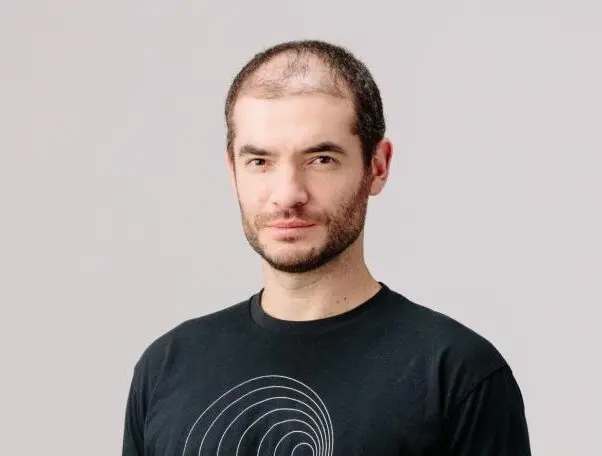- Ilya Sutskever, OpenAI’s former chief scientist, has launched a new AI company just one month after formally leaving OpenAI.
- SSI has offices in Palo Alto and Tel Aviv, where it is currently recruiting technical talent. Raising capital will not be a problem.
OUR TAKE
The establishment of SSI marks not just a business pivot but a strategic response to the evolving demands of AI development. As Sutskever and his team embark on this new chapter, their collective expertise and insights promise to shape the future trajectory of AI technology, extending far beyond Silicon Valley.
–Revel Cheng, BYW reporter
Ilya Sutskever, one of OpenAI’s co-founders, has launched a new company, Safe Superintelligence Inc. (SSI), just one month after formally leaving OpenAI.
What happened
Sutskever, who was OpenAI’s longtime chief scientist, founded SSI with former Y Combinator partner Daniel Gross and ex-OpenAI engineer Daniel Levy.
At OpenAI, Sutskever was integral to the company’s efforts to improve AI safety with the rise of “superintelligent” AI systems, an area he worked on alongside Jan Leike, who co-led OpenAI’s Superalignment team. However, both Sutskever and Leike left the company in May after a dramatic disagreement with OpenAI’s leadership over AI safety approaches.
Sutskever has been shining a light on the thornier aspects of AI safety for a long time now. In a blog post published in 2023, Sutskever, writing with Leike, predicted that AI with intelligence superior to humans could arrive within the decade—and that when it does, it won’t necessarily be benevolent, necessitating research into ways to control and restrict it.
Also read: Former NSA chief joins OpenAI board
Also read: OpenAI foresees major leaps in large language models
Why it’s important
Sutskever’s clearly as committed as ever to the cause today. Wednesday afternoon, a tweet announcing the formation of Sutskever’s new company states that: “SSI is our mission, our name, and our entire product roadmap, because it is our sole focus. We approach safety and capabilities in tandem, as technical problems to be solved through revolutionary engineering and scientific breakthroughs.”
More apparent is that unlike OpenAI — which originally launched as a non-profit organisation in 2015, then restructured itself when the vast sums of money needed for its computing power became more obvious — SSI is being designed from the ground up as a for-profit entity.” Given the interest in AI and the team’s credentials, it may also secure significant capital very soon. “Out of all the problems we face,” Gross tells Bloomberg, “raising capital is not going to be one of them.”
This departure from OpenAI may ultimately catalyse broader discussions about governance, responsibility, and the ethical boundaries of artificial intelligence in society.

